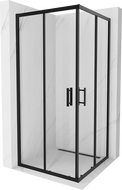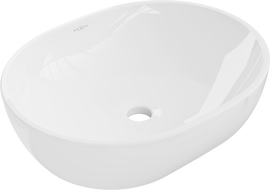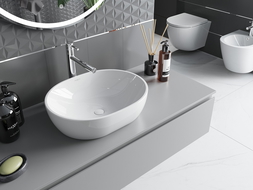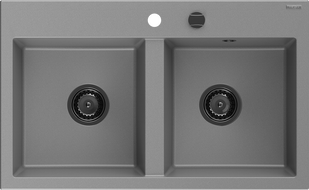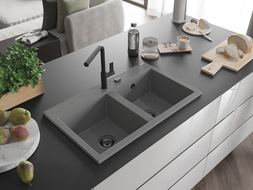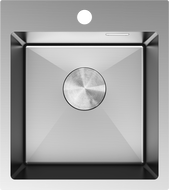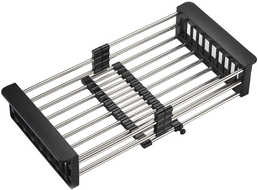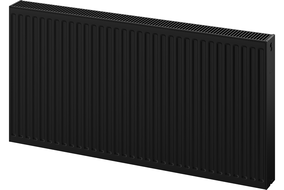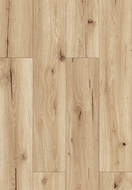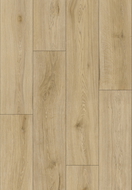
Everyone knows this situation. We wash dishes, drain the water from the sink chamber, and it doesn't flow away. We rinse vegetables or fruits, hear gurgling, and suddenly the contents of the pipes return to the sink and refuse to retreat. A clogged sink. And it's always when you don't have time to deal with it. You wonder whether to call a plumber, but that means extra costs, plus someone needs to let them in. So, how do you handle a clogged sink? Are there any ways to prevent this phenomenon? How to unblock the pipes once and for all?
Prevention is better than cure
If you want to get rid of the clogged sink problem once and for all, you first need to understand where it comes from. The sink is usually clogged by food scraps, coffee grounds, or tea leaves and herb fragments. Remember that the sink's drain is not a rubbish bin, and while small crumbs from plates may occasionally pass through the pipes, larger quantities or frequency can create blockages along the way. Pouring grease down the sink also contributes to clogging. It cools in the pipes, creating a sticky surface to which other residues adhere more easily. To prevent this type of phenomenon, avoid draining food leftovers in the sink. You can also invest in a special kitchen strainer to prevent food particles from falling into the pipes. Its cost is very low, and its usefulness is invaluable. If you have a slightly larger budget, you can also consider a sink waste disposer. It is a grinder installed under the sink that grinds all the waste going down the drain. Thanks to this solution, nothing accumulates or rots in the pipes. Regularly unclogging the pipes is also important in prevention, even if there are no symptoms of a clogged sink yet.
First thought - chemical agents
If the water is still draining, but the flow is very slow, we first reach for chemical pipe unclogging agents. They work if the blockage is near the drain opening. They are easily accessible and can be bought in almost any store where household chemicals are available. However, remember that the main ingredient of such agents is sodium hydroxide in high concentration. It is very corrosive and dangerous to our health. Always keep strong chemical agents out of the reach of children. Never pour chemicals if there is standing water in the sink.
Eco-friendly home remedies
We often don't realize that chemical agents can be successfully replaced with home methods that are equally effective and much cheaper. Moreover, by choosing so-called grandma's ways, we usually spare the environment another portion of toxins. The sink can be unclogged using baking soda and vinegar. Pour half a cup of soda into the drain and pour half a cup of vinegar over it. Then cover the drain with a plate or some cover. During the reaction, various compounds may be released that should not be inhaled. As a result of the reaction, foam will form, which should be rinsed with hot water after about 30 minutes. Baking soda is one of the strongest cleaning agents close to nature.
First, the plunger
However, if you are in a dire situation and there is water standing in your sink, the above methods will not help you. Before you move on to unclogging the pipes, you need to remove the standing liquid from the tank. You can use a rubber plunger for this purpose. It is worth equipping yourself with one before it is needed, otherwise, you'll be at the mercy of neighbors. To unclog the pipe, place the rubber cup of the plunger over the drain. If you have a double-sink, plug the other drain with a stopper. For a single-sink, you just need to cover the overflow hole with your free hand. Then press the plunger cup against the sink and back several times. After a few repetitions, the pipes should be clear enough to use other means.
Peek into the lion's mouth - the elbow under the sink
Sometimes, despite regular use of chemical or home remedies and the plunger, the drainage still leaves much to be desired. In such cases, first, unscrew the elbow and see if all the residues are stuck in it. It is not a difficult procedure, although it is not the most pleasant. It is worth preparing a bowl before proceeding, as some water always leaks out after unscrewing.
Plumbing snake for critical cases
When all possible means are ineffective and you still don't want to call a plumber, you can resort to final methods. A plumbing snake, colloquially known as a snake, is a tool that will help you unclog blockages formed further down the drain. It is available in lengths from 1.5 m to even 5 m. Using it usually requires two people - one holds the snake, and the other turns it. First, remove the siphon, then insert the end of the snake into the drain. Turn it all in gently, and then unscrew it, rotating in the opposite direction. Special care should be taken in old buildings to avoid damaging the pipe. If this procedure doesn't help, only a plumber's assistance remains.

